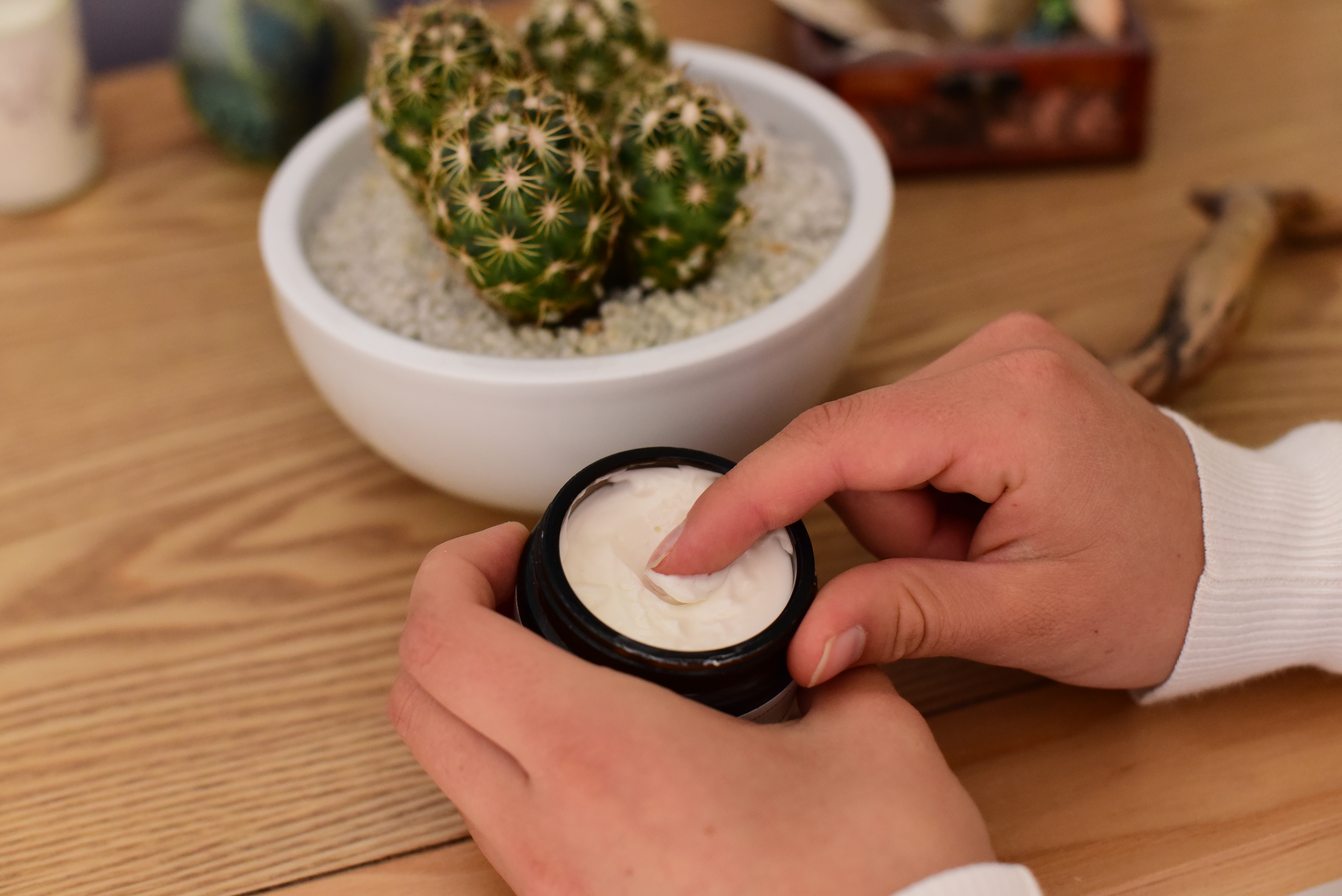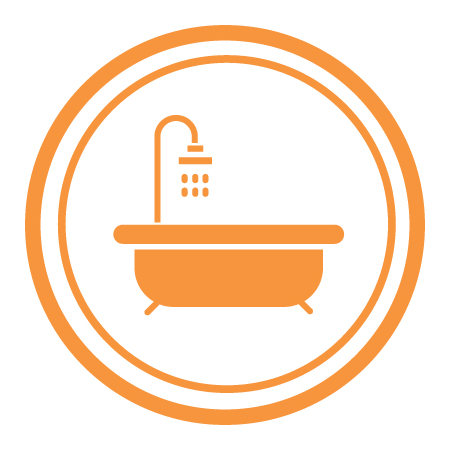The Problem: plastic bottles and containers, harsh chemicals, palm oil
The Solution: solid bars, natural ingredients, refillable or recyclable packaging
- Try a facial soap bar instead of a chemical cleanser. Again, this may avoid harsh chemical palm-oil derived surfactants which can be troublesome for skin. Soap bars last for ages and buying one locally can support small businesses.
- Invest in some reusable face cloths instead of disposable cotton pads, wipes or swabs. You can find organic cotton or bamboo cloths which can be washed again and again, lasting for years. Wipes often contain plastics which will not biodegrade and this is such an easy switch.
- Tissues use up huge amounts of wood, causing strain on natural resources. Using handkerchiefs to blow your nose is a more sustainable option as they can be washed again and again. You can make handkerchiefs out of any scraps of fabric or buy organic cotton ones online or in some clothing brands, such as Seasalt.
- Use a natural moisturiser in a jar or a refillable tub- Lush has a closed loop plastic recycling system, as do many online shops. Moisturisers often contain microplastics and many synthetic chemicals. Luckily, there are countless natural and organic brands, which often package their products in glass jars which you can repurpose afterwards.

- Find some plastic-free or refillable make up brands and try out some more natural products, avoiding those with squalene (a shark-derived product) and microplastics (PEGs) in the ingredients. There are many products which are packaged in bamboo or glass or have closed loop recycling systems. Again, be patient and find something that is right for you. There is loads of information and reviews online.
Initial cost
0.7/5
Lifetime savings
0.2/5
Environmental benefits
2.9/5
Health benefits
3.6/5






